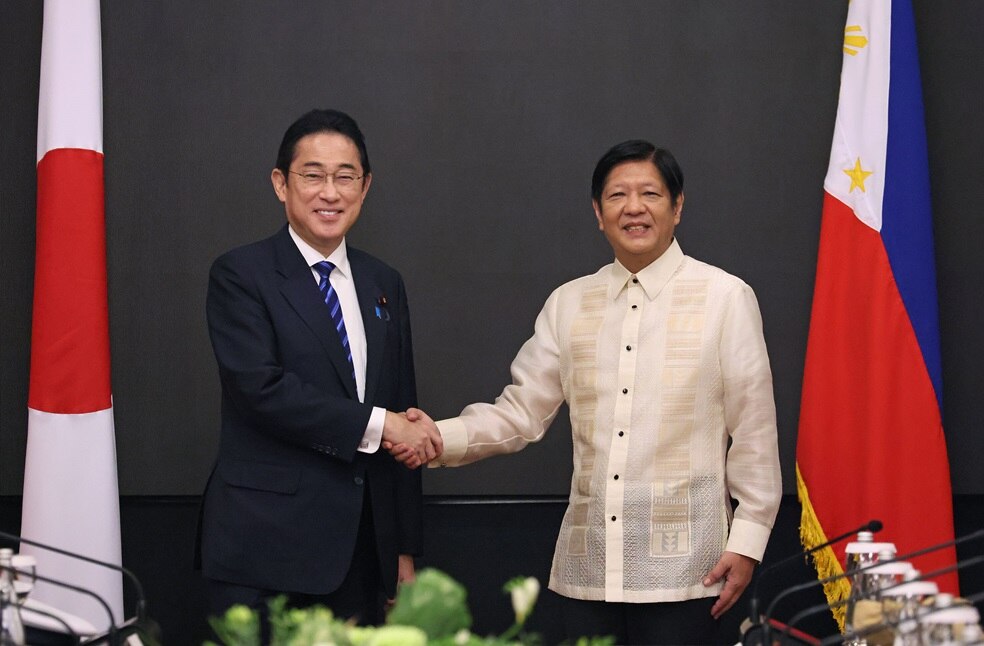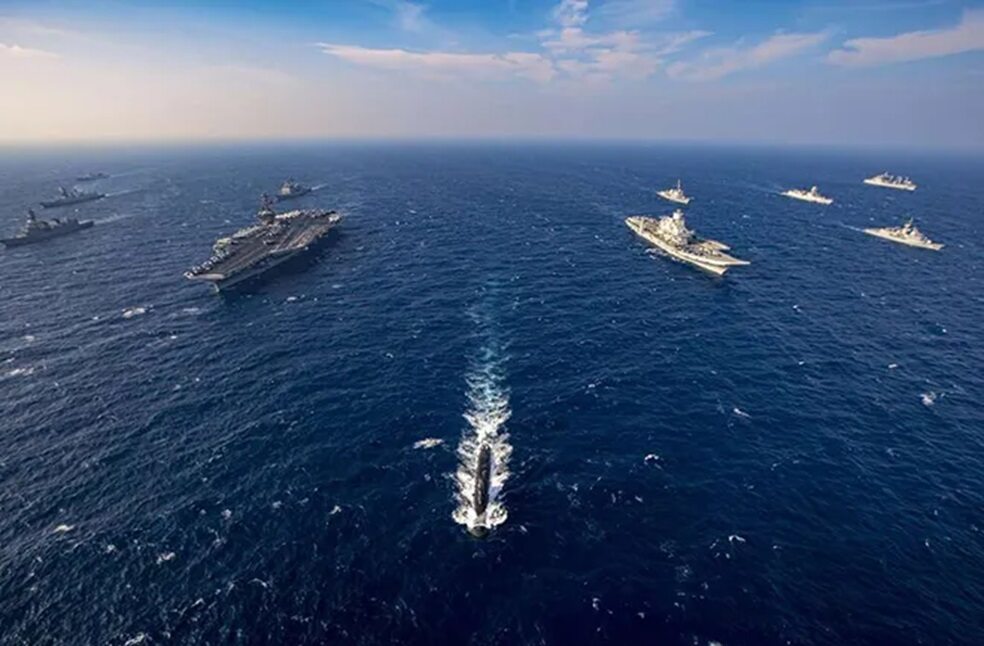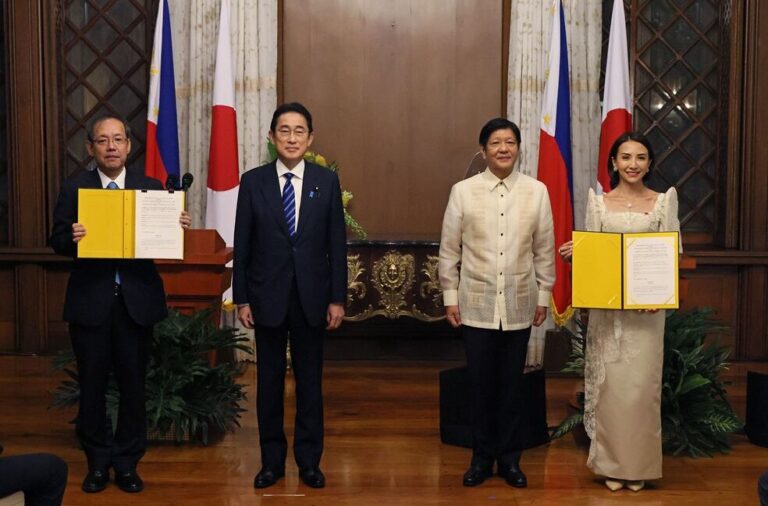Manila: The Philippines and Japan have signed a reciprocal access agreement (RAA), permitting the deployment of their respective military forces on each other’s territories. This milestone agreement was confirmed amidst escalating tensions in the Indo-Pacific region.
The agreement was formalised by Philippine Defence Minister Gilberto Teodoro and Japanese Foreign Minister Yoko Kamikawa during a ceremony in Manila, in the presence of Philippine President Ferdinand Marcos Jr.
The RAA sets up a framework for enhanced military cooperation, simplifying the entry of foreign personnel and equipment for visiting forces. The agreement, the first of its kind between Japan and an Asian country, will come into effect upon ratification by both nations’ legislatures.

A Japanese military presence in the Philippines is seen as a strategic measure to help Manila counter China’s influence in the South China Sea, where Beijing’s extensive maritime claims conflict with those of several Southeast Asian countries.
The Philippines and Japan, both key allies of the United States in Asia, have strongly opposed what they consider aggressive actions by Chinese vessels in long-standing maritime disputes. While Japan has no claims in the South China Sea, it has its maritime dispute with China in the East China Sea, leading to frequent confrontations.
In December 2023, Japan announced its largest military build-up since World War II, marking a shift from its post-war pacifism. This move reflects Tokyo’s concerns over China’s activities, including pressure on Taiwan, freedom of navigation, and trade disputes. Japan has been bolstering defence ties with other nations in response to these concerns.

Japan has consistently supported the Philippines’ stance in the South China Sea and has voiced serious concerns over China’s actions, including incidents that damaged Philippine vessels and injured a Filipino sailor.
The Philippines has existing Visiting Forces Agreements (VFA) with the United States and Australia. Japan, which hosts the largest concentration of U.S. forces abroad, has similar RAA agreements with Australia and Britain and is negotiating another with France.
In a notable initiative under its Official Security Assistance program, Japan has agreed to supply the Philippines with coastal surveillance radars to enhance its deterrence capabilities. However, Japanese military aid remains constrained by a self-imposed ban on lethal equipment exports.



